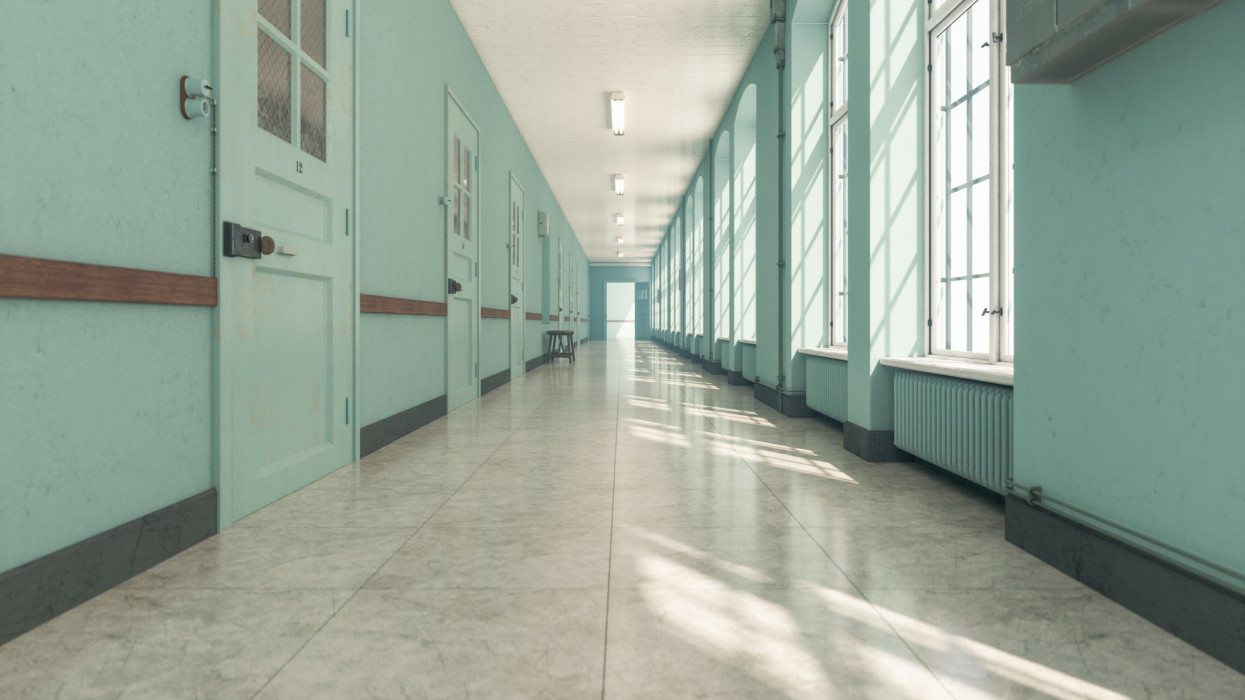The winners of the Farming by Satellite Prize were announced on Thursday 12 June at the European Space Solutions conference taking place in Prague, Czech Republic.
First prize went to Daniel Hege, of Geisenheim University in Germany for his submission: “Savings through RTK based guidance in field vegetable growing”.
Second and third prizes were awarded to the UK and Portugal respectively. The UK team from Harper Adams Universitydeveloped an autonomous precision seed planting robot called Demeter. The Portuguese entrant from Instituto Superior de Agronomia proposed selective harvesting using remote sensing management for olive groves and cork oak plantations that could also be applied to other forestry and crop groups.
The special Africa prize was given to Faith Mwiza of Rwanda for her proposal for using drones for agricultural development, early famine warning systems and decision support systems for farmers in Africa.
The 2014 prize generated 96 registrations and 43 eligible submissions from 11 European and 8 African countries. From those 43 submissions an independent judging panel chose a shortlist of 6 European teams and 3 African teams.
Chair of judges, Dr Andrew Speedy comments: “The standard of entries was even better than last year. Contestants showed good knowledge of the technologies and possibilities of satellite applications in agriculture. Several students described projects at their universities where they had built and tested prototype machines and measured real data in fields and orchards. The application to improving efficiency in field operations for forage harvesting was further developed by the shortlisted Czech team, who narrowly missed out on a prize.
Others reviewed the technologies in relation to practical application in their countries, including adapting to use on small farms. This was a factor in the prize winning entry from Daniel Hege, which proved how precision agriculture benefits small vegetable growers with upwards of 34 hectares, with processing savings of up to 60% on offer.
There was much interest this year in the use of drones (UAVs) in measuring crop data through imaging and reflectometry. These data would be able to tell farmers how healthy their plants were, whether there were diseases or bugs, whether there was enough fertilizer, and enough water. This was the topic of Faith Mwiza's winning African entry. Others suggested ultra-low ground pressure vehicles and even airships as ways of gathering georeferenced data from above.
Water was also a recurring theme this year, recognising that water availability and drought stress are major factors in agricultural productivity and food security.
Contestants covered a wide variety of applications including crops, vegetables, fruit, forestry and livestock. The last of these was also the theme for several entries where GNSS can provide ways to monitor the location and even the health of animals (fitted with chips) on the farm.
The new category of African entries provided another dimension of satellite applications in farming for improved incomes and food security. Contestants covered precision agriculture, product traceability and project monitoring. There was even an entry on bee farming (apiculture) that much appealed to the judges for its innovation.
The judges looked for relevance, feasibility, innovation and potential market when judging the diverse ideas put forward. The five judges marked the entries and then discussed the scores, taking account of different perspectives from the different countries as well as the age and experience of the contestants.
All the entrants are to be congratulated on their varied imagination and innovation as well as the quality of their writing and presentation.”
Further information on the winning entries will be posted on www.farmingbysatellite.eu in the coming days. For specific queries, please contact the competition organisers.







